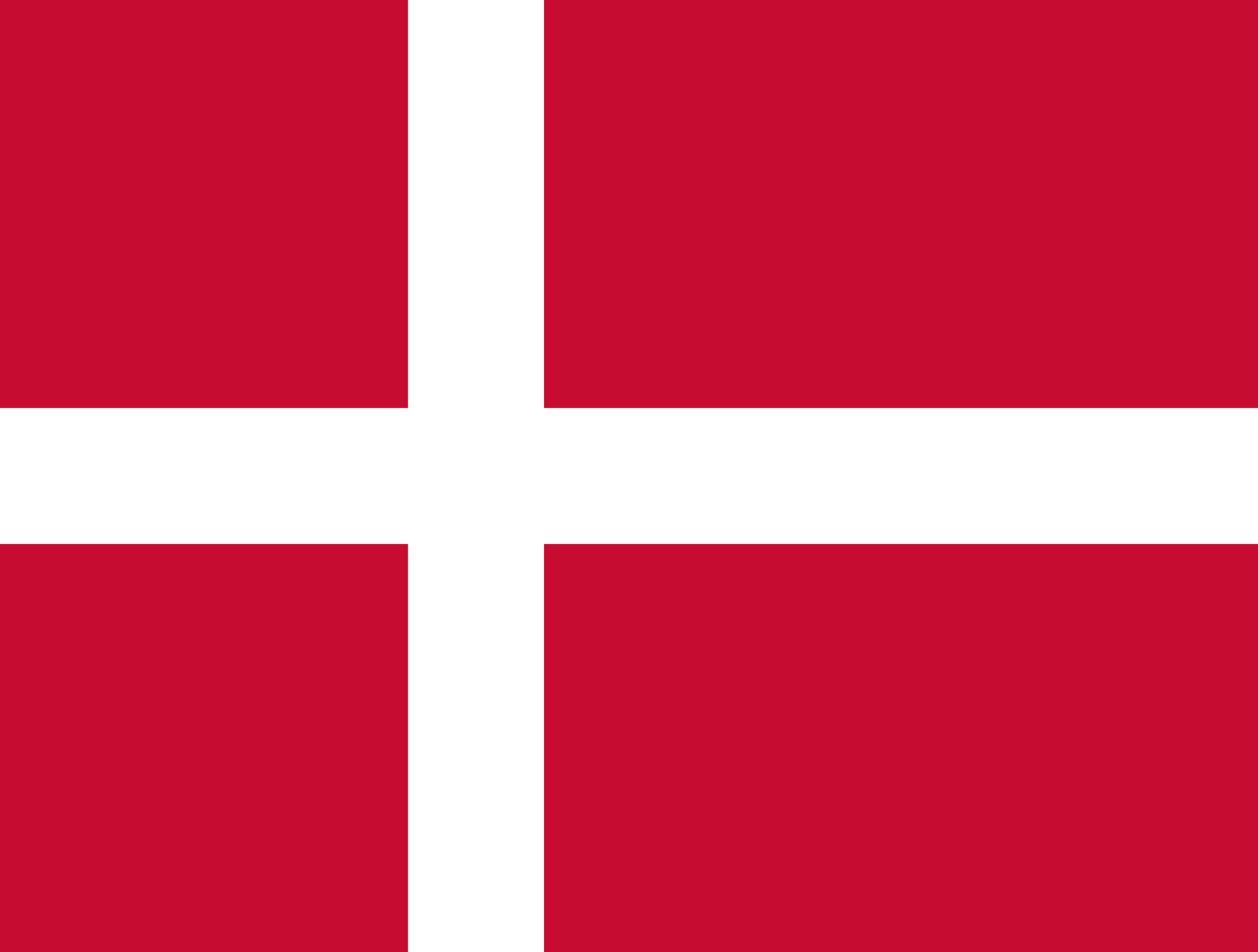Biofilter secures safe drinking water during flooding
In 2019, 252,000 people have been affected by record floods across 28 provinces in Afghanistan. Saidullah and his family were among them.
By Zohal Nasrat
"It was two o'clock at night when someone called telling me that a flood was on its way towards us. Immediately, my family, and 19 other families from our village came out of our houses." says Mr. Saidullah.
Saidullah is a 40-year-old shepherd and the head of a nine-member household. The family was living in a mud house with four rooms in Shegal village located in a flood zone.
The villagers were expecting a flood this year, but they were unable to predict the exact time.
"I had cows when I heard that a flood was about to come. I sold them at half price and kept only two and we brought them with us here to Chawki." Saidullah says.
The severe flood destroyed their house and made them homeless and displaced.
"We left everything and brought only two blankets and our cows.” he continues.
Now, he lives in a tent with his family in the village of Chawki in the Kunar province using the blankets to cover themselves at night.
Not welcome
Integrating into a new community is always hard and the residents are reluctant to share their land, water and facilities with the displaced people. Saidullah and his family was no exception.
"When we arrived, people were saying that this place isn´t ours and that they don't want us to stay here. We told them, that we are also from Afghanistan and have the right to stay here," says Saidullah.
Finding clean water to drink, food to eat and a place to stay is difficult for displaced people. Waterborne disease such as diarrhea and skin conditions is very common among people who don't have access to safe drinking water.
Filter cleans water
Saidullah and his family were fetching water from a river two kilometers away and they drank it without boiling or filtering it first.
"My children got sick. But DACAAR gave us a water filter and our health is fine again," Saidullah explains.
They are still using the water from the same river, but DACAAR’s Bio-sand filter has made all the difference.
Now Saidullah is selling wood chips that he collects from the mountains to support his family. Some of his relatives who were working for the government as soldiers in the Shegal village are now selling ice-cream to make an income for their families.
“I also sent my 18-year-old son to Kabul to work, so that we can survive," Saidullah adds.
Saidullah and his family are among the 6,024 flood affected families DACAAR has helped during 2018 and 2019.
DACAAR was prepared for the floods
Through the Emergency Response Mechanism (ERM), funded by the EU, DACAAR responded to the flooding in 29 provinces in Afghanistan benefitting 50,912 individuals. The focus has been on seven provinces in the Northern region and two provinces in the Western region because of the high number of displacements that have happened in those areas due to conflicts and natural disasters such as droughts and floods since 2018.
DACAAR was ready to assist the flood victims with Water, Sanitation and Hygiene (WASH). The Manager of the Emergency Response Mechanism (ERM), Jamal Bawar explains:
“When we got the EL Nino alert, DACAAR mobilised its resources in regions which, as per forecast, were likely to get stuck by flash floods and we stood shoulder to shoulder with other humanitarian partners to provide emergency WASH response.”
DACAAR is one of the most prominent NGOs who focus on WASH in Afghanistan and the WASH cluster Co-Lead.
“We have been pioneers in providing coordinated and timely emergency WASH response to flood affected people in the beginning of 2019. DACAAR not only provided assistance to affected people, but also supported the WASH cluster logistically by transferring cluster stock to provinces that do not even belong to the DACAAR coverage area.” says Jamal Bawar.
Roads blocked by snow
One of the challenges DACAAR faced while providing WASH response to the people affected by flooding, was a shortage of stock materials, but other development partners were able to deliver them so that DACAAR's response was not hampered.
“Another challenge that DACAAR faced during flood response was highway road blockages that occurred due to heavy snow in the winter and slowed down the stock delivery process.” Jamal Bawar explains.
Compared to the first four months of 2019, flood incidents have reduced significantly. However, EL Nino tends to last from six months to two years, so flash floods are still expected in the Northern and Western regions of the country.
“DACAAR is still receiving alerts about flood incidents from various provinces and we are currently providing emergency flood response to the affected people in the Baghlan, Samangan, Herat and Farah provinces.” Jamal Bawar finishes.
The 2019 DACAAR flood response
In 2019, approximately 252,000 people have been affected by record floods across 28 provinces in Afghanistan.
From May 2018 to May 2019, DACAAR has responded to 32 emergency cases of people affected by floods in the following provinces: Herat, Farah, Kandahar, Helmand, Faryab, Nangarhar, Kunar, Balkh and Baghlan, Samangan, Sare-e-pul, Takhar,Kunduz, and Badakhshan.
As a result, 50,912 individuals (6024 families) benefitted from clean, safe drinking water, hygiene education and hygiene kits.
Herat and Farah were the two provinces in the Western region where DACAAR have provided most of the emergency WASH response, due to flooding, reaching 29,346 individuals in 3,485 families.
DACAAR also provided flood response in the South region, encompassing the Kandahar, Helmand and Nimroz provinces. The total number of families that DACAAR responded to with its emergency WASH assistance in the South region was 9,735 individuals in 1,198 families.
Contributions: Dagmar Ruehrig, Jan Kjær, Parwana Taniwal and Jamal Bawar
 Danish
Danish